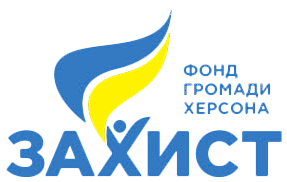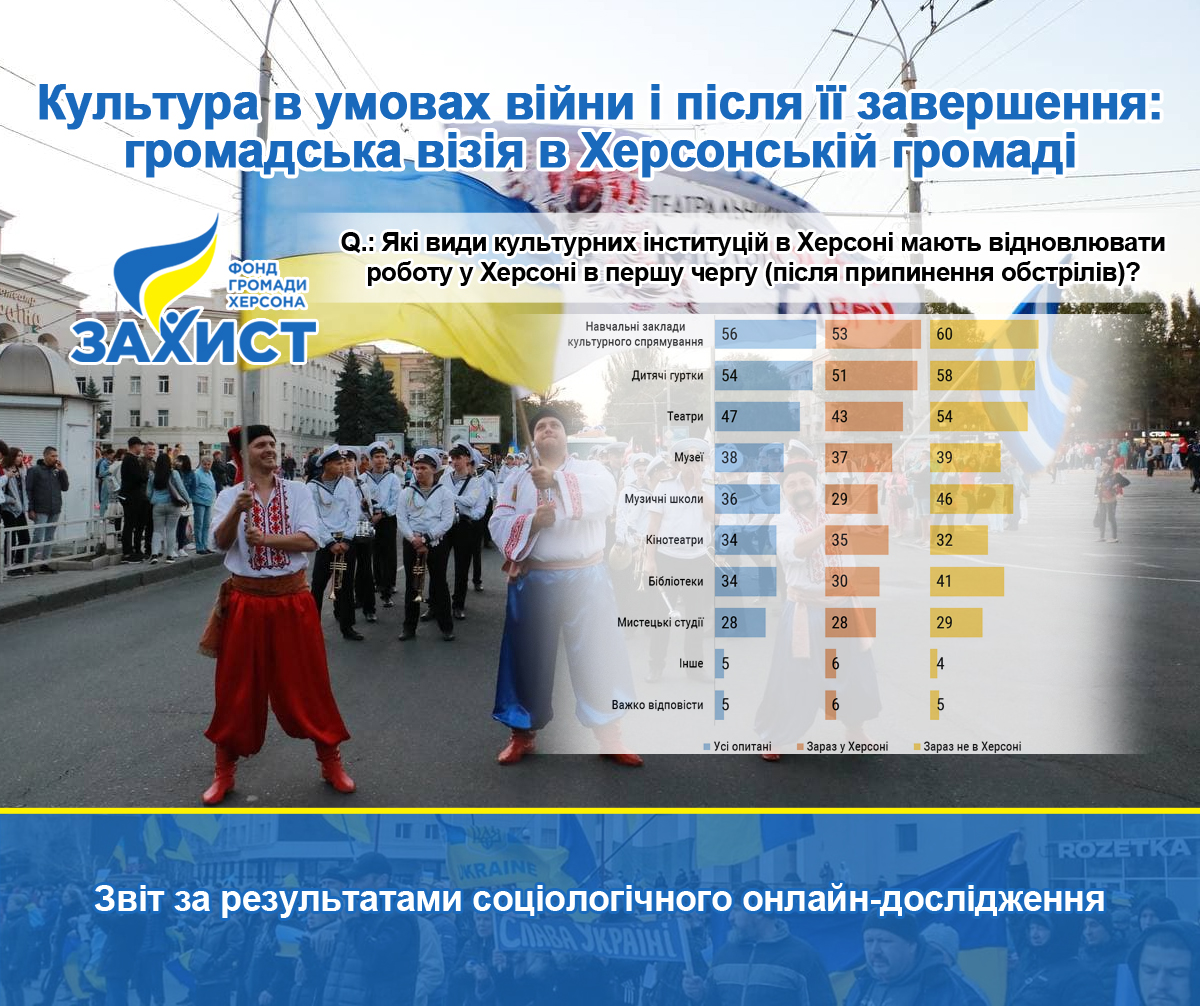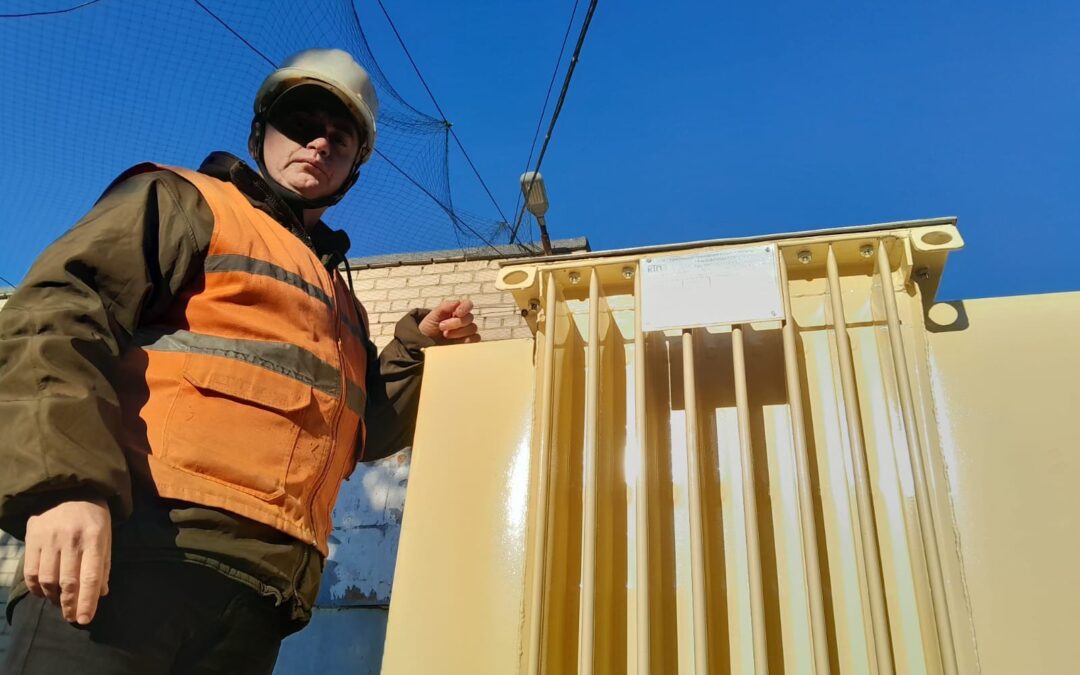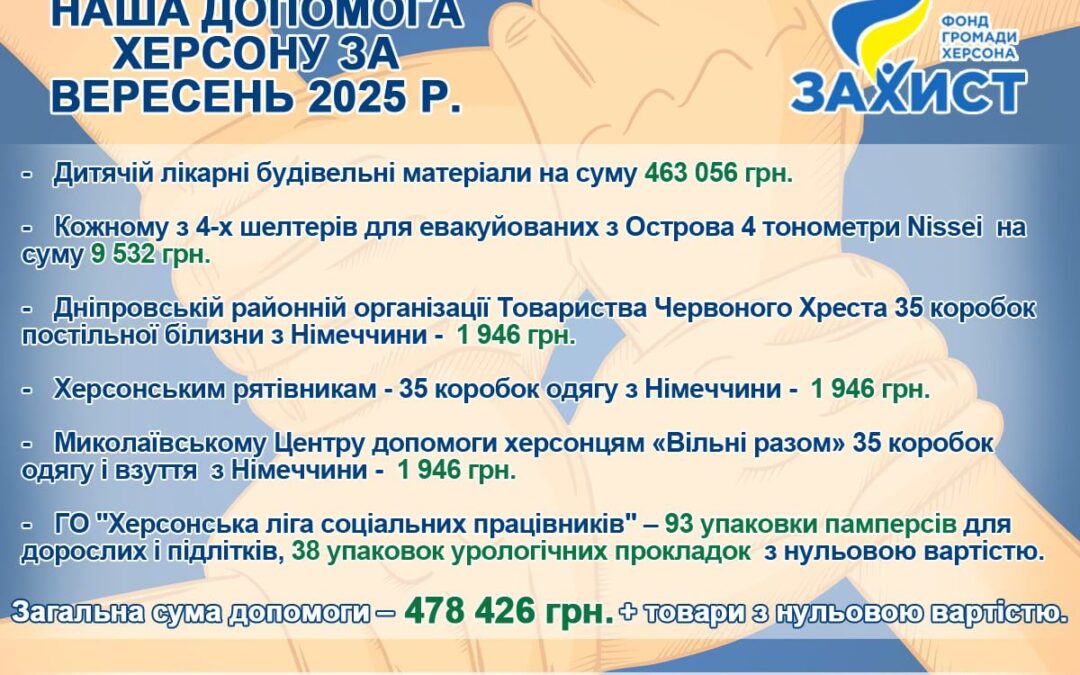Report based on the results of an online survey conducted via an interactive structured questionnaire. The link was sent to potential respondents from the database of the Kherson Community’s research online panel.
Research objective:
To explore the attitudes of Kherson residents toward the functioning of the cultural sector during wartime and to understand public visions for the development of culture in the post-war period.
Key Findings
Despite the war and daily terror from the aggressor, the majority (55%) of surveyed Kherson residents believe that culture in the city should remain a priority. Only a fifth (27%) think that cultural issues are currently not relevant. At the same time, 68% believe that contemporary cultural products from Kherson should highlight the uniqueness of the region. They also feel that the main activities of cultural institutions should be focused on organizing events outside the city to draw attention to Kherson. This viewpoint is significantly more prevalent among those currently outside the community (ratio 1:1.6).
Regarding post-war restoration of the cultural sector in Kherson, respondents would primarily like to see the reopening of institutions that offer formal and informal education for children and youth: cultural education institutions (56%) and children’s activity clubs (54%).
When asked which forms of art should be prioritized in Kherson, the highest support was for theater – 53% believe its development should be a top priority, and 64% say that theatrical festivals should be held in Kherson after the shelling ends.
A striking 85% of respondents support the creation of a Museum of Contemporary Art in Kherson after the war, and nearly half (48%) are looking forward to a contemporary art festival in peacetime.
While most Kherson residents agree on the importance of honoring those who died in the war, attitudes vary when it comes to renaming streets after them: 43% think such renaming should be postponed until the war is over, and 36% believe commemoration is important but should be done in another way.
63% support honoring fallen heroes through a memorial dedicated to the Russia–Ukraine war,
52% through memorial plaques on buildings where they lived, studied, or worked,
and another 52% through a city “Book of Memory.”
As for the memorial itself, 80% believe it should be created after the war ends, while 13% think it should be established now. Compared to a similar survey in December 2023, support for immediate creation increased by 4%.
When it comes to the idea of preserving war-damaged ruins as museum exhibits, nearly half (49%) of Kherson residents are against it. However, a significant portion (36%) supports the idea, and this percentage has remained stable since December 2023.
Among those currently living in Kherson, 80% reported being active in attending cultural events. The most convenient formats are online events (40%) and those held in shelters (40%).
The most popular types of events are interactive:
– Workshops (36%)
– Activities for children (34%)
Download the full survey report: file:///Users/mac/Downloads/zvit_opytuvannya_kultura-1.pdf
The research was conducted by the Community Foundation of Kherson “Zakhyst” with the support of the National Network for the Development of Local Philanthropy and GlobalGiving.
Any reproduction or use of this material, including graphic, electronic, printed, or any other format, is permitted only with proper attribution to the source.




